Stefan has created a PhD school: “Some go to Scouts, others go to science”
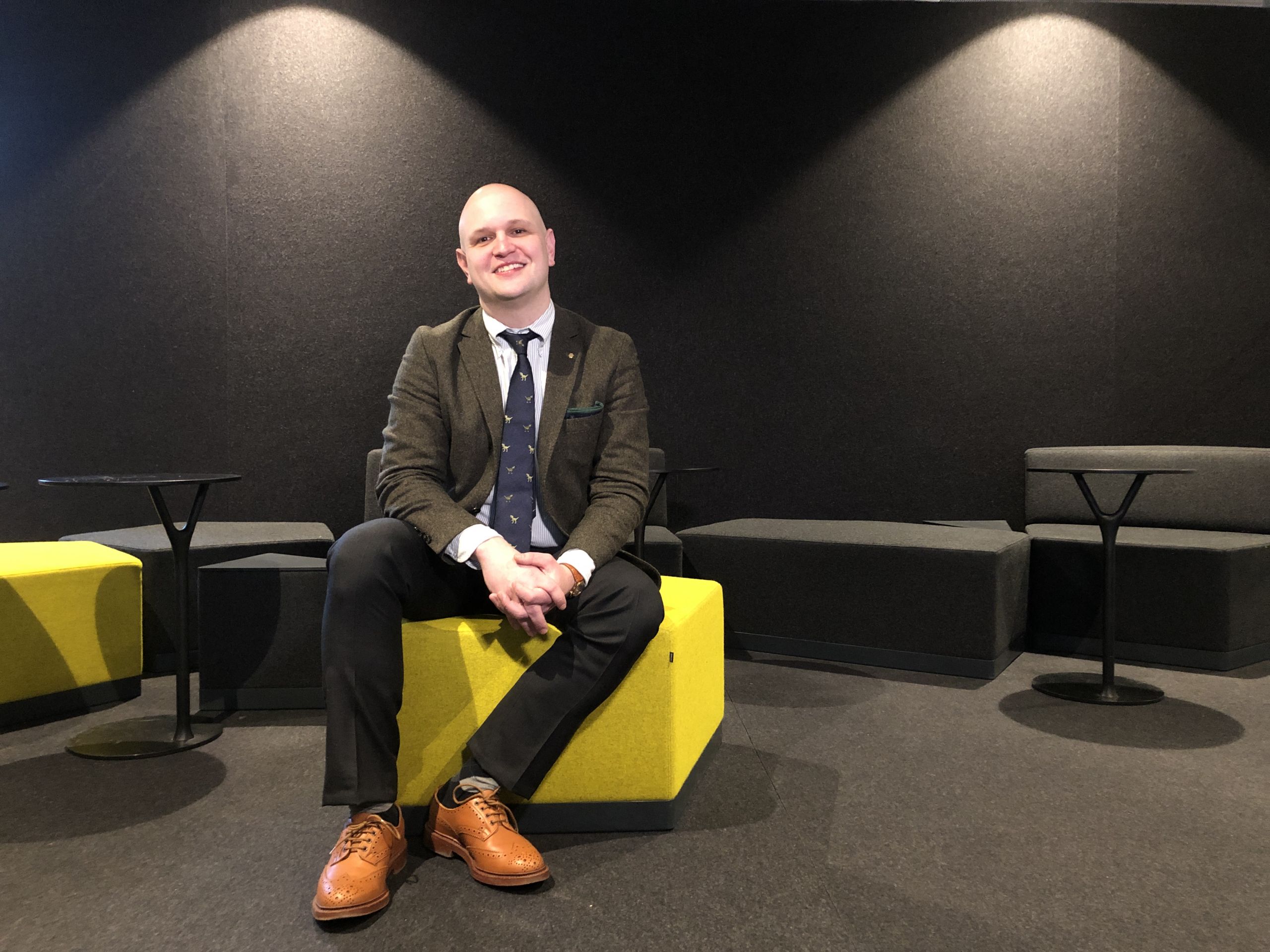
Stefan Kirkegaard Sløk-Madsen, PhD, wants to help more people to pursue a PhD. Therefore, he has started the School of Science. (Photo: Anne M. Lykkegaard)
When Stefan Kirkegaard Sløk-Madsen graduated from CBS in 2009, he planned to return for a PhD. “Others wanted to do an iron man, I wanted a PhD.” Now that he has graduated with his PhD, he’s starting up a science school at CEPOS to inspire others to do the same, but without making the same “rookie mistakes” he did.
Most people have some sort of ‘bucket list’ of things they want to do in their lives. Travel the world, climb a mountain, write a book or start a company.
However, compared with his colleagues and fellow graduates, Stefan Kirkegaard Sløk-Madsen had a rather different bucket list after graduating from CBS in 2010.
“Others wanted to do an iron man, I wanted a PhD,” he says and continues:
“I have always been excited about academia, and what you can do with it. But after studying my bachelor and master’s here at CBS, I felt I could do more with the scientific tools I had been taught. There were deeper reflections to be made and more questions to be explored, and I thought I could do that with a PhD.”
So, in 2015, he started his PhD studies, focusing on entrepreneurial judgment and commercialization in the maritime offshore sector. His research process included trips to the harbor of Esbjerg in western Jutland, where he found himself gaping at the humongous drilling platforms, transport ships and sky-high cranes.
“You’d be surprised what people can build on water. It’s insane,” he says and laughs.
And in spring last year, Stefan Kirkegaard Sløk-Madsen, who teaches at CBS, graduated with his PhD from the Department of Strategy and Innovation, and now he wants to inspire and help more people to begin studying for a PhD. He has therefore launched a free initiative “The School of Science” (Videnskabsskolen) which is anchored at his other workplace, the think tank CEPOS.
“I know there are people who have been working for a while and though they dream of returning to academia and obtaining a PhD, might be insecure about how to make the transition. I want to help them with that. Help them to dust off their academic skills and avoid making the same rookie mistakes I did,” he says and explains that several people have already applied for the school.
“Some go to Scouts, others go to science, you could say,” says Stefan Kirkegaard Sløk-Madsen.
One of the toughest things in the world
Most graduates pursue a PhD in extension of their master’s, but Stefan Kirkegaard Sløk-Madsen did not return to CBS until five years after graduating. In the meantime, he worked at private equity funds and started up an IT company, which he later sold.
So, when Stefan Kirkegaard Sløk-Madsen wrote his PhD application, it was written more like a sales pitch – because that was what he was used to from work. But that didn’t strike a chord.
“Writing a PhD application is, hands down, one of the toughest things I’ve ever done in my entire life. There are no templates out there on how to do it, but I just wanted the position so badly. So, I had to rewrite my entire PhD application. And through Videnskabsskolen I hope I can give input to the students on how not to write PhD applications,” he says.
Videnskabsskolen offers 10 study placements, and the ‘students’ will meet up for about 11 free sessions from March to December, to explore how to read an academic article, brush up on scientific methodology and get help on formulating a research proposal, for example. Presenting academic papers and results will also be on the program as the students become familiar with how things are said and done in academia – something Stefan Kirkegaard Sløk-Madsen struggled with in his first year.
“I had to get used to everything having to be 100 percent correct in academia, whereas in other jobs, it’s okay to be 50 or even 20 percent correct, and then work on the rest. It took me a while to accept that, and I made lots of mistakes that I could have avoided if I had known beforehand how academia works,” he says.
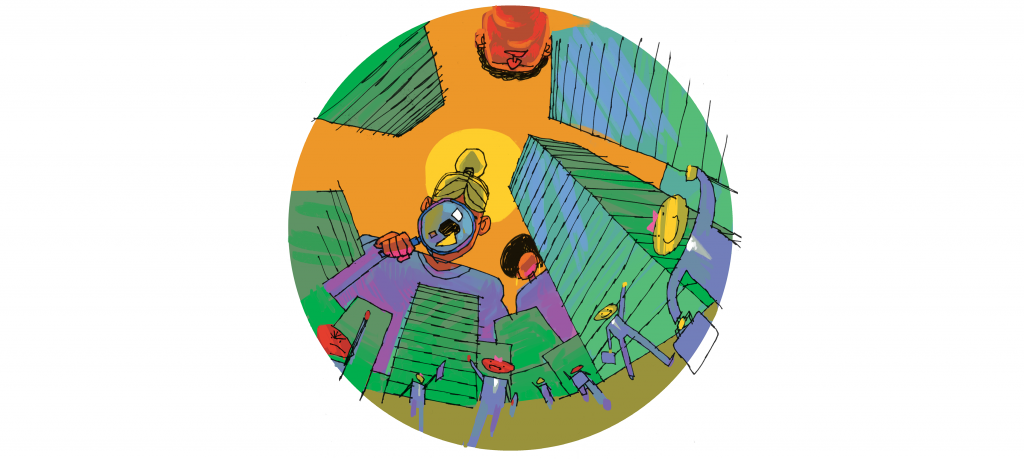
(Illustration: Emil Friis Ernst)
According to Stefan Kirkegaard Sløk-Madsen, by the end of the year, the Videnskabsskolen students should have the tools needed to apply for a PhD position – if that’s what they want.
“I really hope that when they’re done at Videnskabsskolen they will know if they want to pursue PhDs, and it’s okay if they figure out that they don’t. But at least they will have had the chance to explore if it’s something for them,” he says and explains that CEPOS’ aim with the school is to get more Danish researchers in social sciences.
He continues:
“There’s also the possibility that they want to work with researchers, but without doing a PhD, and that’s also a fruitful outcome.” and explains that CEPOS’ aim with the school is to get more Danish researchers in social sciences.
People with business experience ask different questions
Although Stefan Kirkegaard Sløk-Madsen faced challenges during his PhD, he also realized that work experience was an asset.
For example, he needed five years of financial accounting from different Danish harbors, so he started calling the harbor offices to ask for the data. His fellow PhD student from Norway looked puzzled when Stefan Kirkegaard Sløk-Madsen received the data.
“He told me that there was a general notion in academia that you couldn’t get that kind of data just like that. Well, I guess no one thought about just cold calling them and asking for it. If I needed something in a former job, I would just ask for it, but academia works differently,” he says.
You’d be surprised what people can build on water. It’s insane
Stefan Kirkegaard Sløk-Madsen
And then he believes that people with experience outside academia can use their knowledge in how they ask questions.
“People who have worked outside academia for a while ask different questions because they draw from those experience, and we need those kinds of people in academia as well. But they are hard to get because they often have better offers waiting for them. If I can help them make the transition to academia a little easier, I’m happy,” he says.
Besides working at CEPOS, Stefan Kirkegaard Sløk-Madsen also teaches at CBS and is involved in publishing scientific articles in collaboration with graduates from CBS and fulltime researchers.
“In general, I feel I have a lot of freedom to do what I want, and I believe a PhD brings unique job opportunities,” says Stefan Kirkegaard Sløk-Madsen.



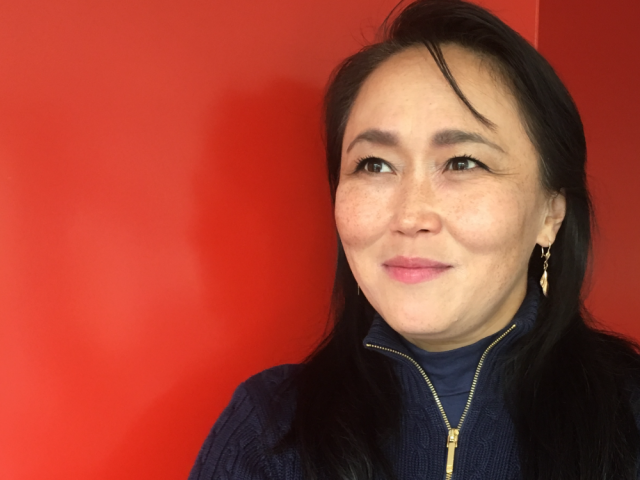
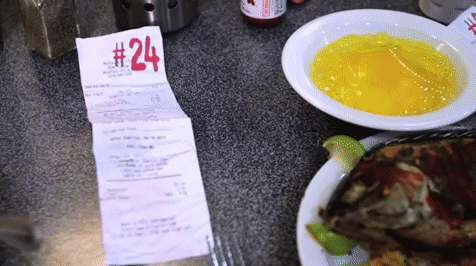
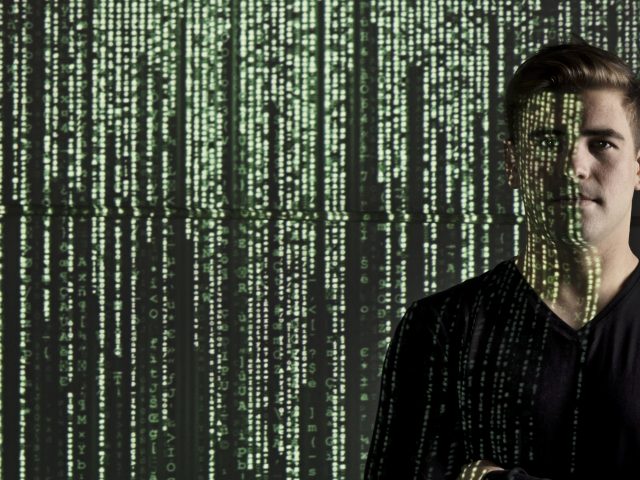

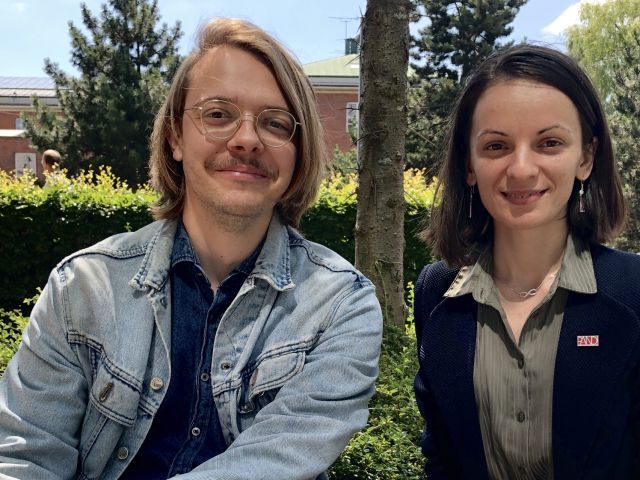
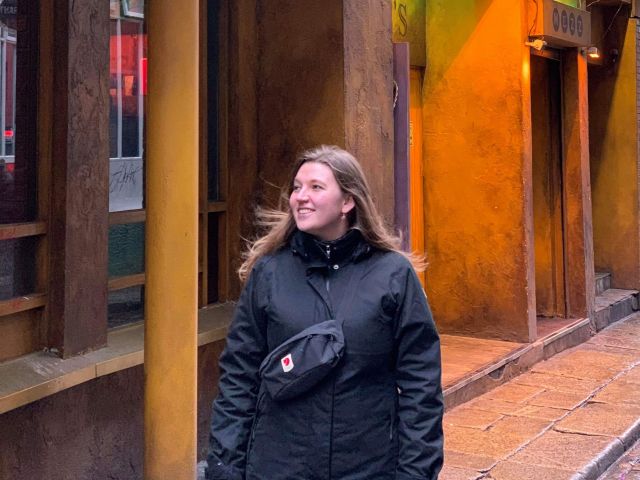
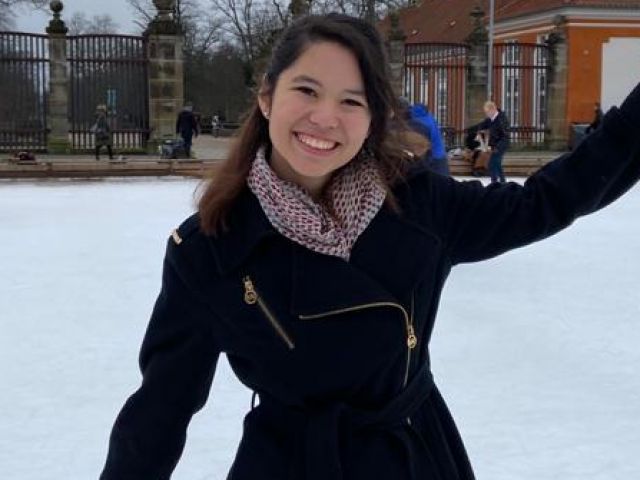




























































































































Comments